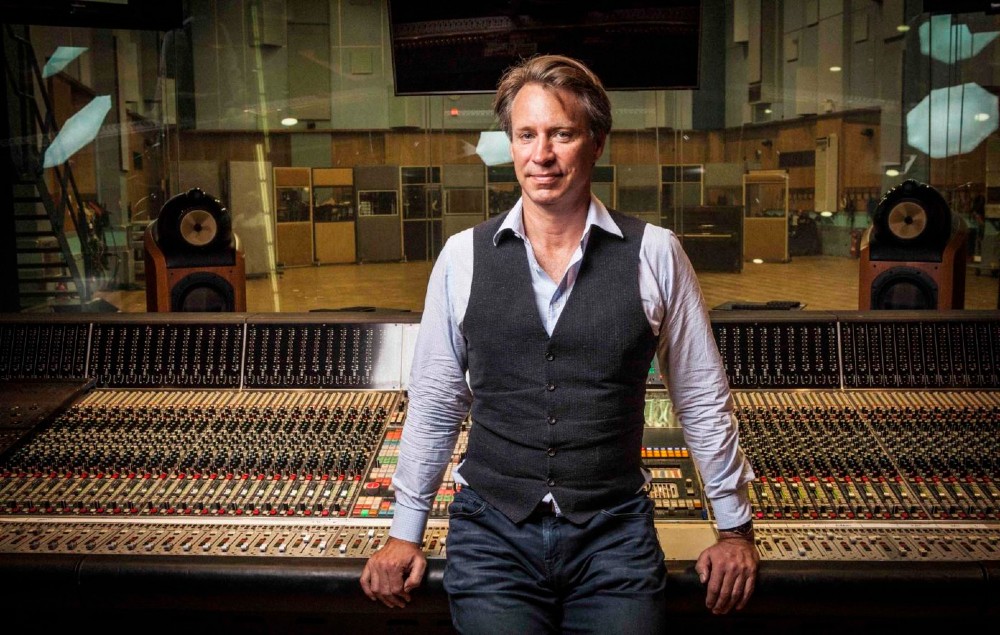The Beatles’ ‘1’ compilation remastered by Giles Martin for spatial audio
"Spatial audio works to make music more engaging and accessible on the latest tech platforms"
By Nick Reilly

‘1’, the legendary compilation album from The Beatles, has been remastered for spatial audio by Giles Martin, the son of legendary Fab Four producer George Martin.
Martin’s involvement comes after he previously said he was a huge fan of the Apple-backed technology, which utilises 360-degree sound for a fuller listening experience.
The producer and engineer initially intended to remaster The Beatles’ 1967 album ‘Sgt. Pepper’s Lonely Hearts Club Band’ but subsequently opted to work on the band’s greatest Number Ones compilation album, which was initially released in 2000.
He told Apple Music’s Zane Lowe: “My dad was a futurist and loved technology. When I was a kid, he built studios. He built some of the best studios in the world. (He opened AIR Montserrat.) It was one of the most successful recording places in the 1980s. Elton John, Police, Dire Strait…Earth, Wind & Fire to Paul McCartney…everyone went to that studio. He was always looking for ways to have great sounds.
“There’s something I remember… when CDs came he got one of the first CD players and we were going around to his friend’s house for Sunday lunch. He had three CDs, one was a Billy Joel record, there was a classical one, and a Japanese artiste. He went, ‘This is the future of sound. The future is happening.’ He brought the CD player and the CDs with him and he said these things are indestructible. He banged it against the table, and it broke in his hand!
“The point is: going back to looking for new ways is key. The key thing with The Beatles is that when he first served Abbey Road, the golden orb was to search for ways to create a perfect facsimile of the recording. When you record, you sound like you are in a room. What happened was with The Beatles and my dad and other people around the world…is that how do we create worlds that don’t exist. Hence ‘Sgt. Peppers’. These aren’t live records. These are things you can only imagine. That’s the evolution of sound. It’s not just technology; it’s imagination as well, that’s key.”
Describing the challenges of adapting classic tunes for spatial audio, Martin went on: ““When I walk into a room in Abbey Road, I can get a four track. I can press play and I can hear it. How lucky I am and how many people would want to do this; how many people would want to be in that position. If you listen to ‘Ticket To Ride’, ‘I Feel Fine’, ‘Day Tripper’, ‘Paperback Writer’…they rock, they really rock.”
He added: “Records don’t get old, we get old. We get older, records stay the same age as it was on the day of recording.” Spatial audio works to make music more engaging and accessible on the latest tech platforms. “You could be with the band with Dolby Atmos.”
